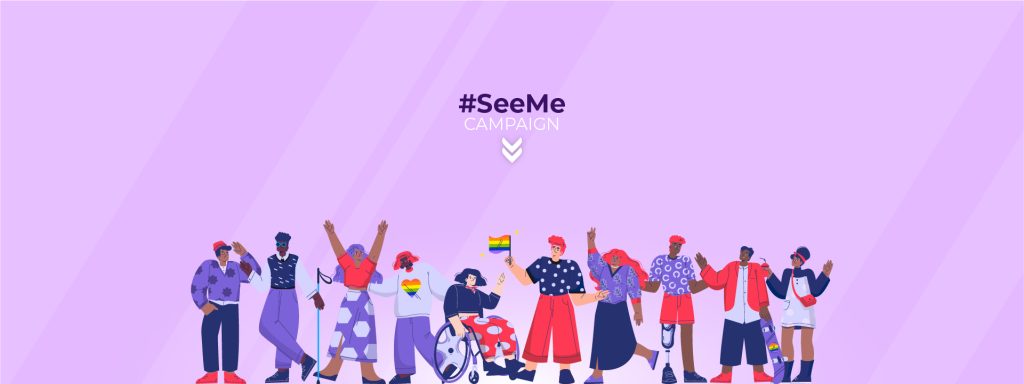Unlocking the Power of Intersectionality: Five Essential Insights You Need to Know
 09 October 2024
09 October 2024

Intersectionality might sound like a complex academic buzzword, but it’s just a fancy way of saying, “Hey, we’re all a mix of different identities, and that mix can change how we experience the world.” Think of it like a superpower that helps us see the full picture of how people are treated based on their unique combination of identities. That’s what intersectionality is all about.
Let’s dive into five key aspects of intersectionality and why it’s such a game-changer for improving society (and, a lot less frustrating).
-
The Birth of a Buzzword
Back in 1989, Kimberlé Crenshaw coined the term “intersectionality.” She noticed that Black women were often left out of both feminist movements and anti-racist activism. Crenshaw’s lightbulb moment? Realizing that you can’t fully understand a Black woman’s experiences by looking at race or gender alone—they intersect in ways that create unique challenges. This idea quickly caught on, and now intersectionality is the backbone of any conversation about social justice. It’s like adding a multi-tool to your social justice toolkit—you can tackle way more problems with it.
-
You’re More Than Just One Thing
Here’s the deal: No one walks through life with just one identity. We’re all a blend of things like race, gender, class, sexuality, and whether or not we can walk and chew gum at the same time. Intersectionality says, “Why not look at how all these identities overlap?” For example, a Latina woman might deal with sexism differently than a White woman, and her encounters with racism might be a world apart from those of a Latino man. It’s like baking a cake—each ingredient (identity) affects the final flavor (life experience).
-
From Courtrooms to Classrooms: Intersectionality in Action
Intersectionality isn’t just for philosophers and activists. It’s showing up everywhere—from law to healthcare to the classroom. In court, lawyers use it to argue for laws that recognize the full spectrum of a person’s identity. In hospitals, it helps doctors understand that a one-size-fits-all approach doesn’t work for patients with diverse backgrounds. And in schools, it’s helping teachers create lesson plans that reflect the rainbow of student experiences. Wherever it’s applied, intersectionality makes sure no one’s left out of the conversation (or the benefits).
-
Supercharging Social Justice
If you’re into making the world a better place (who isn’t?), then intersectionality is your new best friend. It’s the secret sauce that helps us see how different forms of oppression—like racism, sexism, and homophobia—are all tangled up together. By thinking about these issues together rather than separately, intersectionality helps us come up with solutions that work for everyone. Movements like Black Lives Matter have embraced this approach, making sure their activism is inclusive and intersectional. Basically, intersectionality is like the ultimate multi-tasker in the fight for equality.
-
Power Plays: Who’s Got It, and Who’s Getting the Short End of the Stick
At the heart of intersectionality is a focus on power—who’s got it, who doesn’t, and how those dynamics play out. It’s not just about stacking up identities like cards in a deck; it’s about understanding how these identities affect your position in society’s game. For example, a poor, queer person of color might face challenges that are different from those of a wealthy, straight White guy. By zooming in on these power dynamics, intersectionality helps us figure out how to challenge and change the systems that keep inequality alive.
Final Thoughts: Why Intersectionality Rocks (and Why You Should Care)
Intersectionality isn’t just a fancy concept—it’s a powerful tool for making sense of the biased world we live in. Whether you’re trying to understand why certain groups face more challenges or looking for ways to make your activism more effective, intersectionality gives you the full picture. So, next time you’re puzzling over issues of inequality, remember: intersectionality is the key to unlocking a more just and equitable world—and maybe even making it a little less annoying for everyone.



